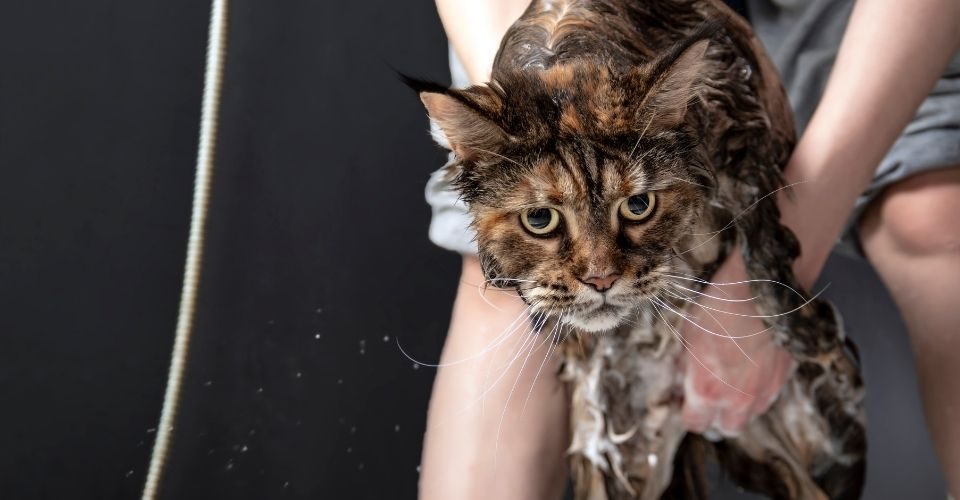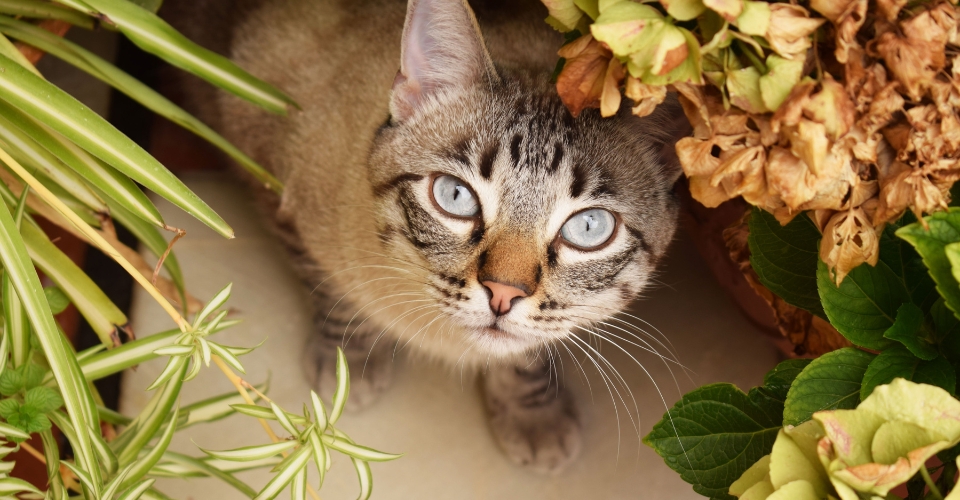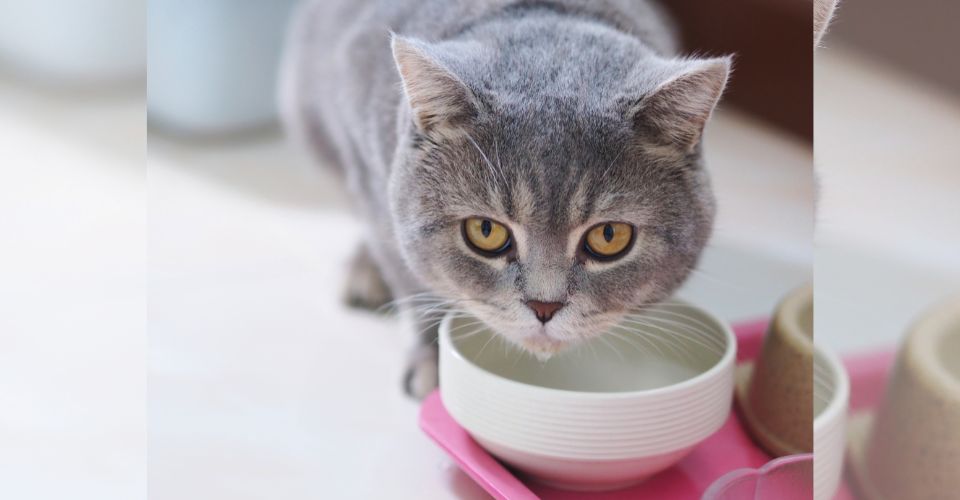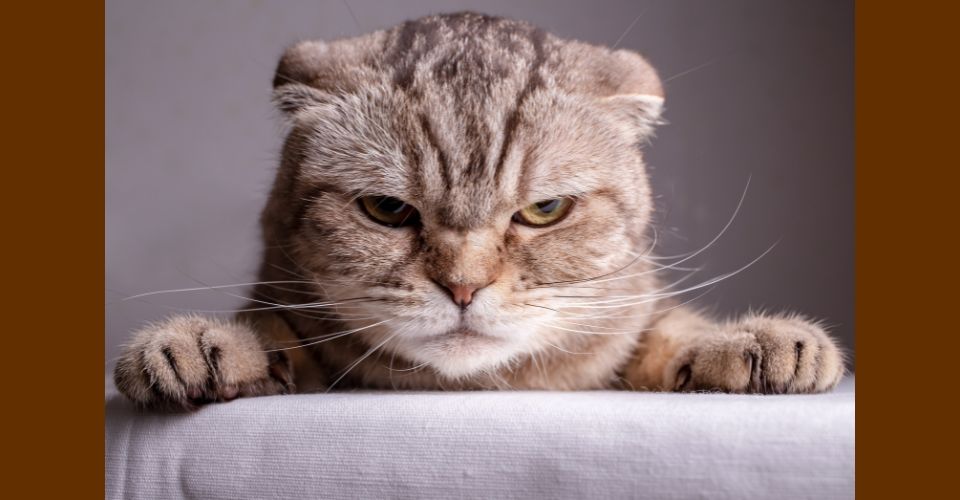Cats spend a good time of their day grooming and cleaning their bodies with their tongues. But there are times when they may get themselves soiled and need a good scrub.
Bathing a cat should be a quick affair as most cat breeds are aversive to water. There are several shampoos in the market specifically formulated for a cat. But can you use dog shampoos on cats if someday you don’t have a cat’s shampoo readily available? The answer is no. You should not use a dog’s shampoo on a cat as it may be dangerous for your furry feline in some ways.
In our article, we will tackle the question “can you use dog shampoos on cats?” in more detail and also look into other products that may or may not be harmful to your feline friend.
So, let’s check out.
Can We Use Dog Shampoo on Cats?
As a concerned pet parent, it is understandable when you worry about your pet’s overall health and wellness. You would try to use the products that are best suited to your feline’s skin and body. Therefore, it is important to educate yourself about the shampoos and washes that are good for your cat’s fur.
When it comes to the questions about using a dog’s shampoo on your cat, certain things need to be made clear. Firstly, a dog’s shampoo is specifically formulated for a dog’s skin and coat. It will contain chemicals that will only suit a dog’s skin and wouldn’t help clean another pet or animal’s body. With a different pH, it may dry out your cat’s fur, which can further cause skin infections like itchy skin or dandruff.
Secondly, dog shampoo contains toxins that a cat’s body cannot digest. Cats lick their fur and body during the day; a cat can swallow the toxic chemicals on her fur and ingest them. Without the bodily mechanism to absorb those chemicals, the cat can become extremely sick and may even die.
So, the above-stated reasons further clarify why the answer to the question “can you use dog shampoo on cats” is a no.
Harmful Ingredients in a Dog Shampoo and its Effects on Cats
To better understand the harmful effects using a dog shampoo can have on a cat, we will take a closer look into the ingredients that may adversely affect your feline fellow’s skin and fur.
Permethrin in a Dog’s Shampoo
Most flea prevention products formulated for dogs contain Pyrethroid—a synthetic version of the naturally occurring Permethrin found in Chrysanthemum plants. This Pyrethroid is used in dogs’ flea and tick-preventing medicines and is safe for a dog. But this chemical proves toxic for cats, even in small quantities.
A cat can get exposed to Permethrin by coming in close contact with a dog that has been treated with a flea prevention product or sits on the furniture that a dog also has access to, or an owner mistakenly uses such a product on a cat thinking a small amount won’t be harmful.
As a cat’s body lacks the required mechanism to metabolize harmful chemicals into digestible and safe particles, the Permethrin accumulates in a cat’s body and can make her extremely sick.
According to the VCA Hospitals website, “canine/dog flea and tick topical spot-on products containing pyrethrins or pyrethroids should never be used on a cat without consulting your veterinarian. Double and triple-check what you are applying to, or using around, your cat at all times! Never apply a “small dog” flea and tick medication to a cat.”
Therefore, consulting a vet before trying any over-the-counter drugs or products on your pets is a wise thing to do.
Essential Oils in a Dog’s Shampoo
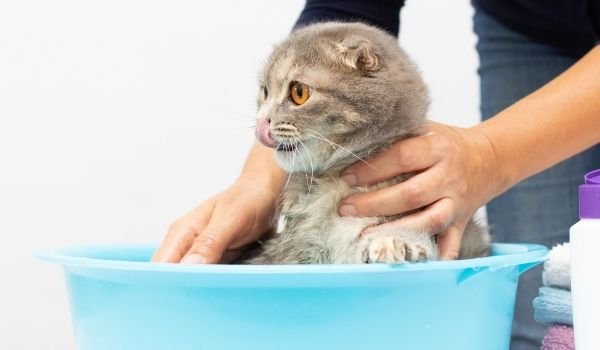
Another ingredient in a dog’s shampoo that can be harmful to a cat is essential oil. Just like Permethrin, essential oils are safe for dogs, but their small quantity can make a cat severely ill.
According to Pet Poison Helpline, “essential oils can pose a toxic risk to household pets, especially to cats. They are rapidly absorbed both orally and across the skin and are then metabolized in the liver. Cats lack an essential enzyme in their liver and, as such, have difficulty metabolizing and eliminating certain toxins like essential oils. Cats are also very sensitive to phenols and phenolic compounds, which can be found in some essential oils. The higher the concentration of the essential oil (i.e., 100%), the greater the risk to the cat.”
When a cat comes in contact with essential oils by licking her fur or by inhaling the scent of such oils, she may start showing signs of respiratory irritation such as runny nose, watery eyes, drooling and foaming at mouth, vomiting, and difficulty breathing. Such signs are not normal, and a cat exhibiting these should be taken to a vet’s clinic for the required treatment.
Difference of pH Balance
Another reason a dog’s shampoo is not well-suited for a cat is the difference in pH of the dog’s and cat’s skin. This difference doesn’t lead to anything serious or life-threatening but can irritate and dry out a cat’s skin, making it more prone to getting infected. Thus, regularly using a dog’s shampoo for bathing a cat can lead to dry, scaly skin with dandruff which can easily get irritated and bring more issues with it.
Can We Use Human Shampoo on Cats?
Many people think it is okay to use human shampoo to bathe a cat, but this too is a misconception. Human skin has a lower pH level than that of cat’s skin. Thus, a human shampoo would be too acidic for cats—making their skin itchier and susceptible to infections.
Vets even advise against using baby shampoos on a cat because they also may be too harsh on their skin.
Additionally, human shampoos contain parabens, sulfates, isopropyl alcohol, and coal tar—chemicals that are harmful to cats and can even result in liver or kidney damage in them.
What to Look for in a Cat’s Shampoo?
Whenever you are out searching for an ideal cat shampoo for your furry feline, you should take a look at the ingredients. The perfect cat shampoo should be;
- Mild
- Unscented
- Free from Permethrin, Sulfates, and Isopropyl Alcohols
- pH Balanced for a cat’s skin
If, for some reason, you want to try a medicated shampoo on your cat, it is advisable to ask a vet before trying anything. This way, you will ensure your cat doesn’t get exposed to something that can be detrimental to her health.
Pet Shampoo Alternatives
Just like with little children, you can never be sure of the messy situations your pet can get itself into. Thus, it is always wise to have some alternative handy for cleaning and grooming your pets, such as a cat.
- Baby or Pet Wipes: A quick wipe-down session for your cat can be enough to keep your cat looking all groomed and clean. You can use water wipes as they are more gentle or use pet wipes specifically formulated for pets.
- DIY Oatmeal Shampoo: Another safe alternative to a cat shampoo can be made at home by using simple ingredients that are easily available in every home. By mixing 1 cup of ground oatmeal, half a cup of baking soda, and 4 cups of water, you can make a natural fur cleaner for your cat whenever you don’t have access to a cat’s shampoo.
- Baking Soda: If you own a cat that doesn’t like being bathed, you can use baking soda as a dry shampoo alternative. Simply sprinkle some baking soda on your cat’s fur while avoiding her face. Rub it in her fur and leave for 5 minutes before cleaning it with a cat brush. This will make your cat smell fresh and also remove dirt or mud stuck to their fur.
Although these simple alternatives don’t include any harmful ingredients or harsh chemicals, we suggest consulting a vet before applying these to your cat. Your cat may be allergic to certain ingredients without you knowing about it and can mistakenly cause her harm. Also, use them only when there is no cat shampoo, as cat shampoos are formulated specifically for cats.
Final Thoughts
Cats don’t need frequent baths as they are self-groomers and use their tongue to clean and groom their bodies. But there may arise some situations where you need to bathe your kitten. She may get herself grimy or roll into the mud and get dirty. In such cases, she would need a bath to get rid of the dirt that clung to her skin. So, the best way to wash and clean your cat is to use a cat shampoo—the one that is made specifically for cats.
What if you don’t have one handy? Can you use dog shampoo on cats? Or a human shampoo? The answer to both these queries is no. You shouldn’t use any of the above-mentioned products and should instead use a clean, damp sponge to get rid of the dirt from her fur. If there is something toxic or oily clung to her fur, you can either use a homemade shampoo or ask your vet for a better alternate.
To be on the safe side, it is always better to consult a vet before applying anything to your pet’s skin.

